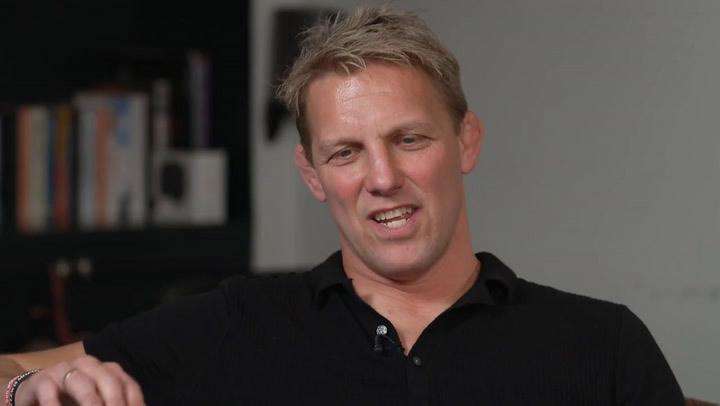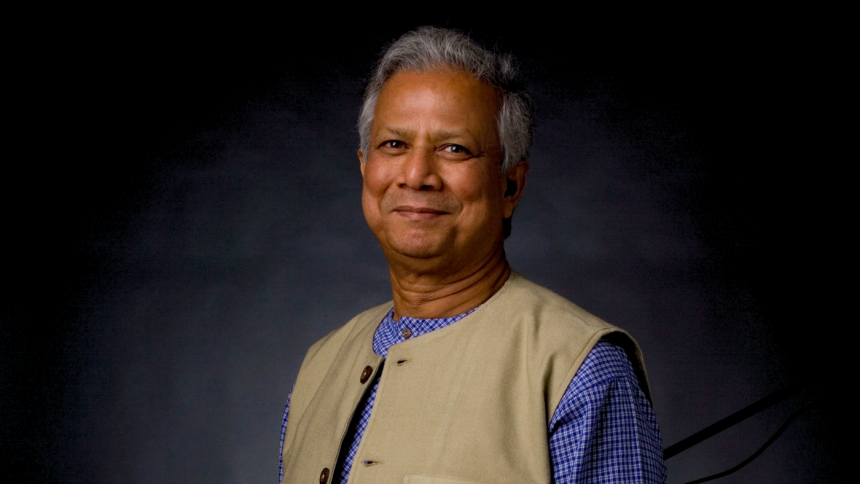After weeks of deadly protests over government jobs turned into a larger challenge to former Prime Minister Sheikh Hasina's 15-year rule—characterized by a rising economy but an increasingly authoritarian streak—Bangladesh is currently undergoing a significant transition.
Hasina's resignation on Monday and subsequent flight to India precipitated a political crisis in the nation, with opposition party leaders and the military's formidable might engaged in a power struggle. After the president of Bangladesh dissolved Parliament on Tuesday, the army temporarily took control of the nation, but it is still unclear what role it will play in an interim government.
Amid this uncertainty, one name has emerged that could take the reins in Bangladesh until fresh elections are announced: Muhammad Yunus, a Nobel laureate who is also known as the "banker to the poorest of the poor" and was once called a “bloodsucker" by Hasina.
Student leaders who organized the protests want Yunus, who is currently in Paris for the Olympics, to head an interim government. He could not immediately be reached for comment, but one student leader said Yunus has agreed to step in.
Yunus, 83, is a well-known critic and opponent of Hasina. He called her resignation the country’s “second liberation day.”
Yunus, a banker and economist by trade, won the Nobel Peace Prize in 2006 for developing the first system of microcredit to aid the underprivileged, especially women. Yunus and his Grameen Bank were recognised by the Nobel Peace Prize committee "for their efforts to create economic and social development from below."
In order to give small loans to business owners who would not typically be eligible for them, Yunus launched Grameen Bank in 1983. Other nations began to implement comparable microfinance programs as a result of the bank's success in rescuing individuals from poverty.
Yunus ran into trouble with Hasina in 2008 when her administration launched a series of investigations into him. Yunus had earlier announced he would form a political party in 2007 when the country was run by a military-backed government, although he did not follow through on the plan.
During the investigations, Hasina accused Yunus of using force and other means to recover loans from poor rural women as the head of Grameen Bank. Yunus denied the allegations.
Hasina’s government began reviewing the bank’s activities in 2011, and Yunus was fired as managing director for allegedly violating government retirement regulations. He was put on trial in 2013 on charges of receiving money without government permission, including his Nobel Prize and royalties from a book.
He later faced more charges involving other companies he created, including Grameen Telecom, which is part of the country’s largest mobile phone company, GrameenPhone, a subsidiary of Norwegian telecom giant Telenor. In 2023, some former Grameen Telecom workers filed a case against Yunus accusing him of siphoning off their job benefits. He denied the accusations.
Earlier this year, a special judge’s court in Bangladesh indicted Yunus and 13 others on charges over a $2 million embezzlement case. Yunus pleaded not guilty and is out on bail for now.
Yunus' supporters say he has been targeted because of his frosty relations with Hasina.
Yunus was born in 1940 in Chittagong, a seaport city in Bangladesh. He received his PhD from Vanderbilt University in the United States and taught there briefly before returning to Bangladesh.
In a 2004 interview with The Associated Press, Yunus said he had a “eureka movement” to establish Grameen Bank when he met a poor woman weaving bamboo stools who was struggling pay her debts.
“I couldn’t understand how she could be so poor when she was making such beautiful things,” he recalled in the interview.
_8.jpg)
_5.jpg)
_8.jpg)





.svg)

